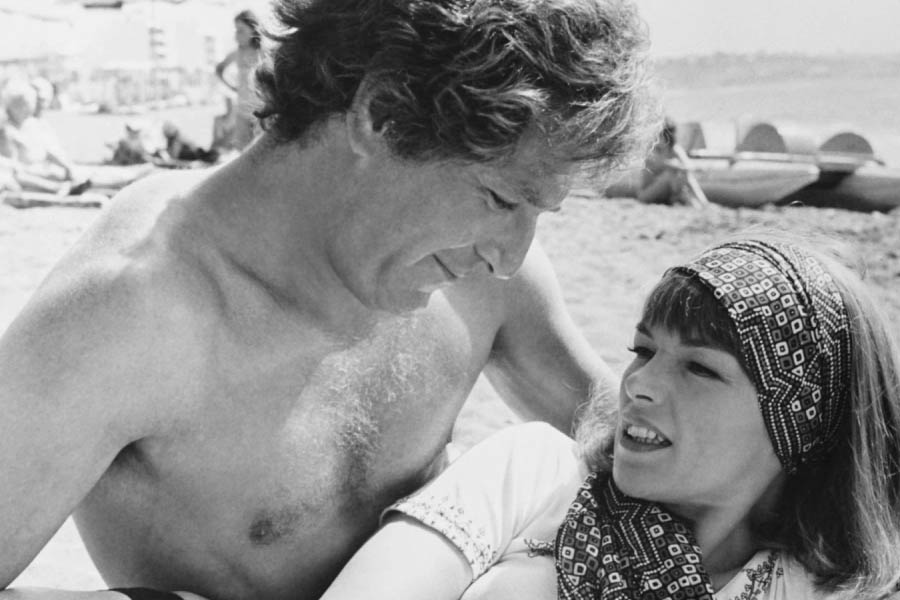
Glenda Jackson is a renowned British actress and former politician. Born on May 9, 1936, in Birkenhead, Cheshire, England, she has had a distinguished career in both the entertainment industry and public service. Known for her powerful performances and commanding presence, Jackson has garnered critical acclaim and numerous accolades for her work on stage and screen. The actress acclaimed on stage and in film died on June 15th, aged 87 Early Life and Education: Glenda May Jackson was raised in a working-class family. Her father was a bricklayer, and her mother worked as a cleaner. Jackson attended the West Kirby Grammar School for Girls and later studied at the Royal Academy of Dramatic Art (RADA) in London. It was during her time at RADA that she honed her acting skills and developed a passion for the performing arts.
Acting Career:
Glenda Jackson's acting career began in the 1950s, with her first professional stage appearance in 1957 in the play "Separate Tables." She gained recognition for her stage performances in various Shakespearean plays, including "Twelfth Night," "Hamlet," and "King Lear." Her exceptional talent and versatility on stage led to her being regarded as one of the finest actresses of her generation.
In addition to her stage work, Jackson made a significant impact in the film industry. She starred in several notable films, including "Women in Love" (1969), for which she won the Academy Award for Best Actress, becoming only the second British actress to receive the honor. She delivered captivating performances in other movies such as "Sunday Bloody Sunday" (1971) and "A Touch of Class" (1973), earning critical acclaim and further establishing her as a formidable talent.
Political Career:
Following her success in acting, Glenda Jackson made a surprising career transition in the 1990s when she entered the field of politics. In 1992, she was elected as the Member of Parliament for the Hampstead and Highgate constituency as a member of the Labour Party. She served as an MP for over two decades, actively participating in parliamentary debates and championing causes she believed in, including social justice and the arts.
Retirement from Politics and Return to Acting:
In 2015, Glenda Jackson announced her retirement from politics, stating her intention to focus on her acting career once again. She made a triumphant return to the stage, earning critical acclaim for her portrayal of King Lear in a 2016 production at the Old Vic Theatre in London. Her commanding performance in this traditionally male role garnered rave reviews and showcased her enduring talent and passion for the craft.
In recent years, Jackson has continued to impress audiences with her stage performances, including in plays such as "Three Tall Women" (2018) and "King Lear" (2019), which transferred to Broadway. Her ability to captivate and move audiences with her intense and nuanced portrayals remains a testament to her exceptional talent and unwavering commitment to her craft.
Glenda Jackson has been married twice. Her first marriage to Roy Hodges ended in divorce, and she has one son, Daniel. Her second marriage was to actor and director Roy Battersby. Outside of her career, Jackson has been known for her forthright and outspoken views on various social and political issues.
Glenda Jackson's extraordinary talent, dedication, and fearlessness have solidified her status as a legendary figure in both the acting and political spheres. Her contributions to the arts and public service have left an indelible mark, making her a revered and influential figure in British culture.